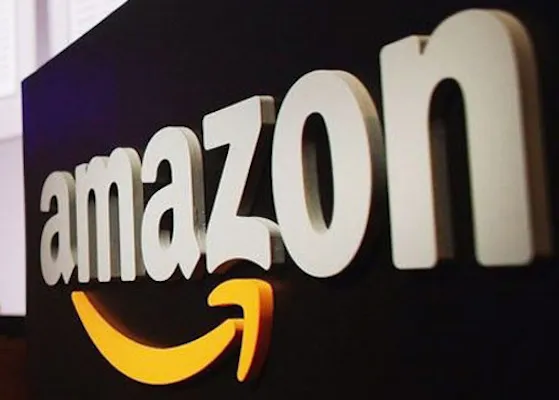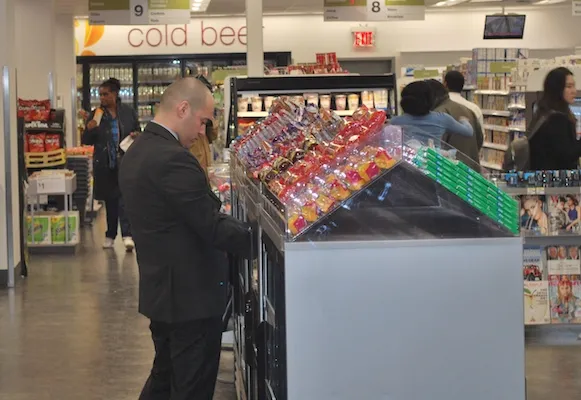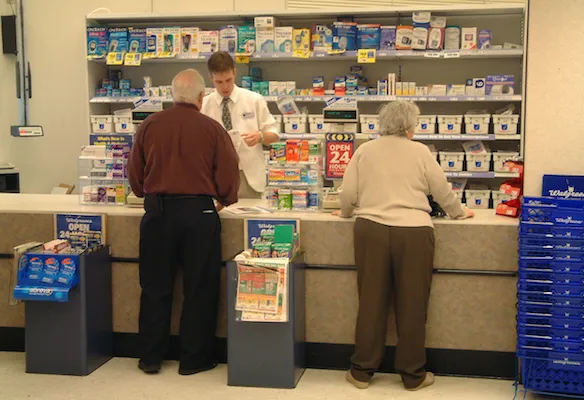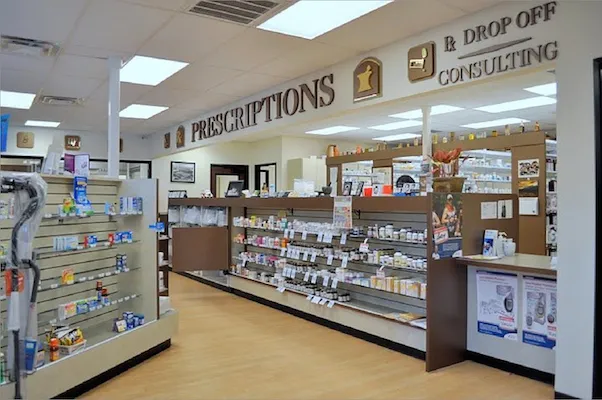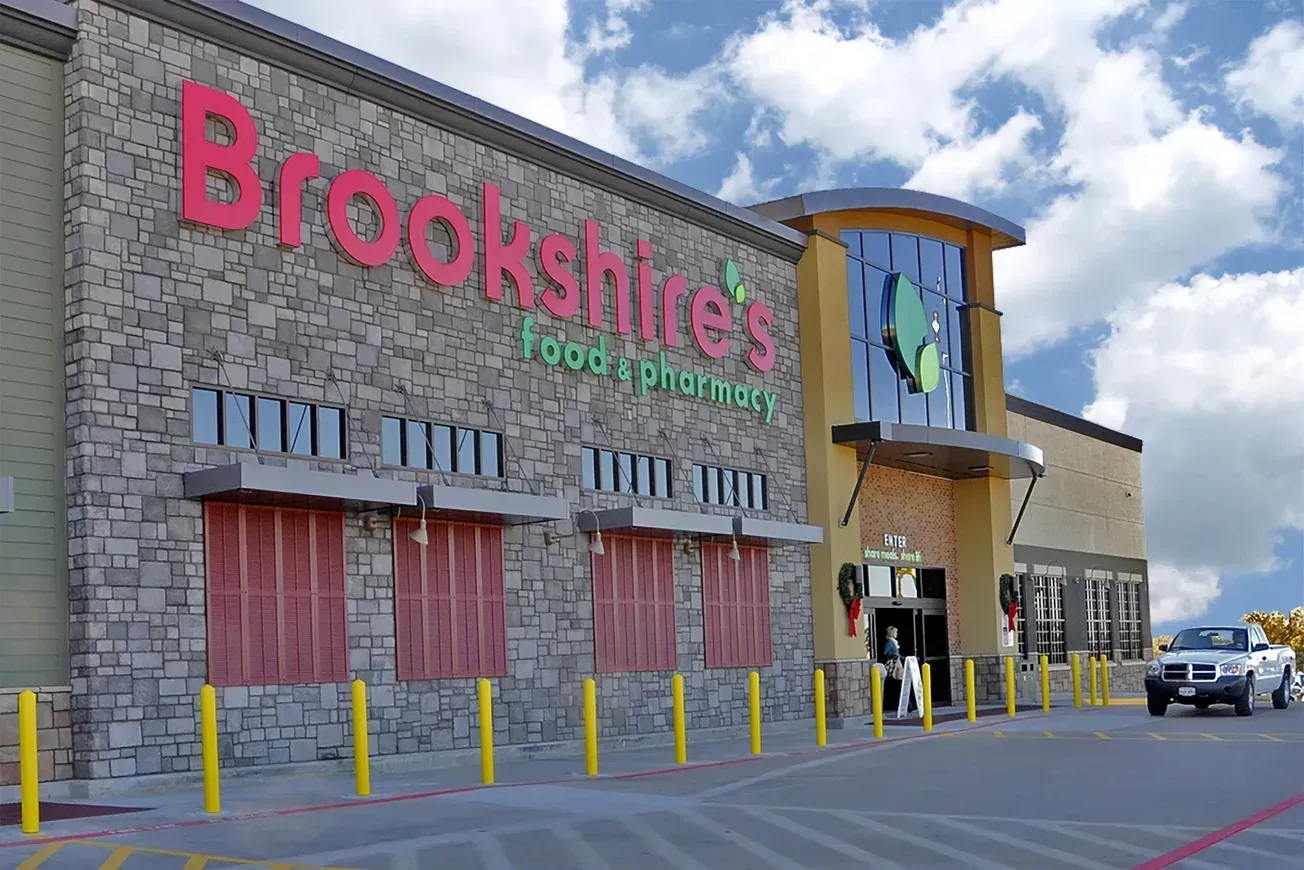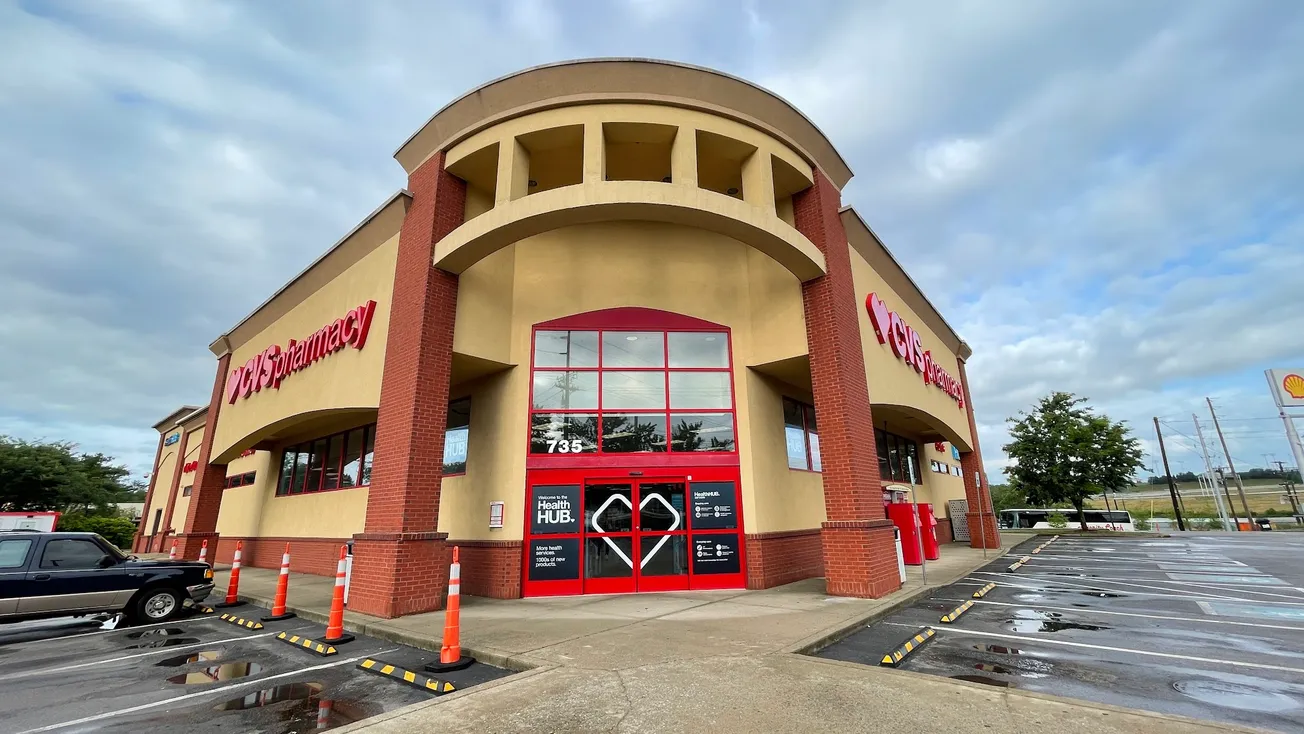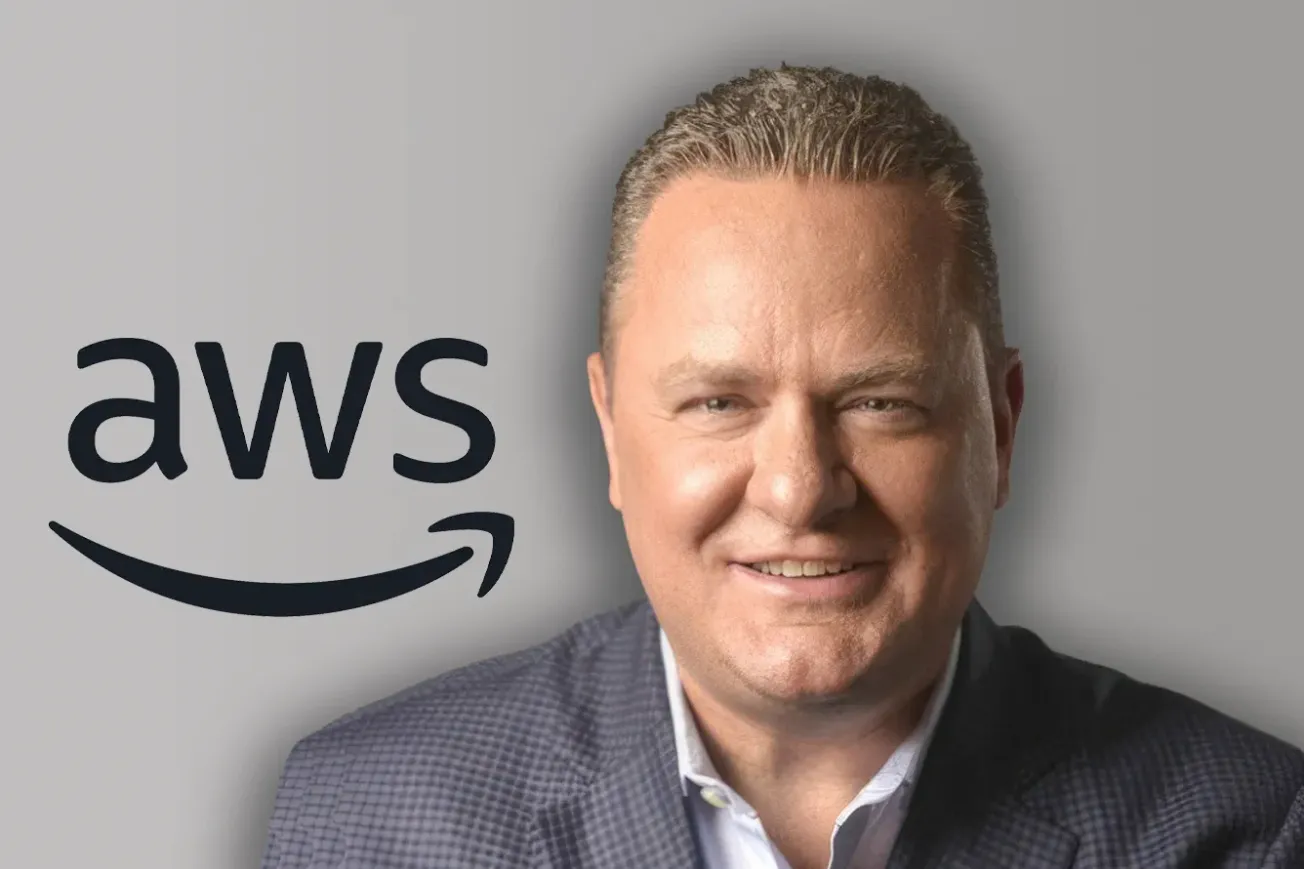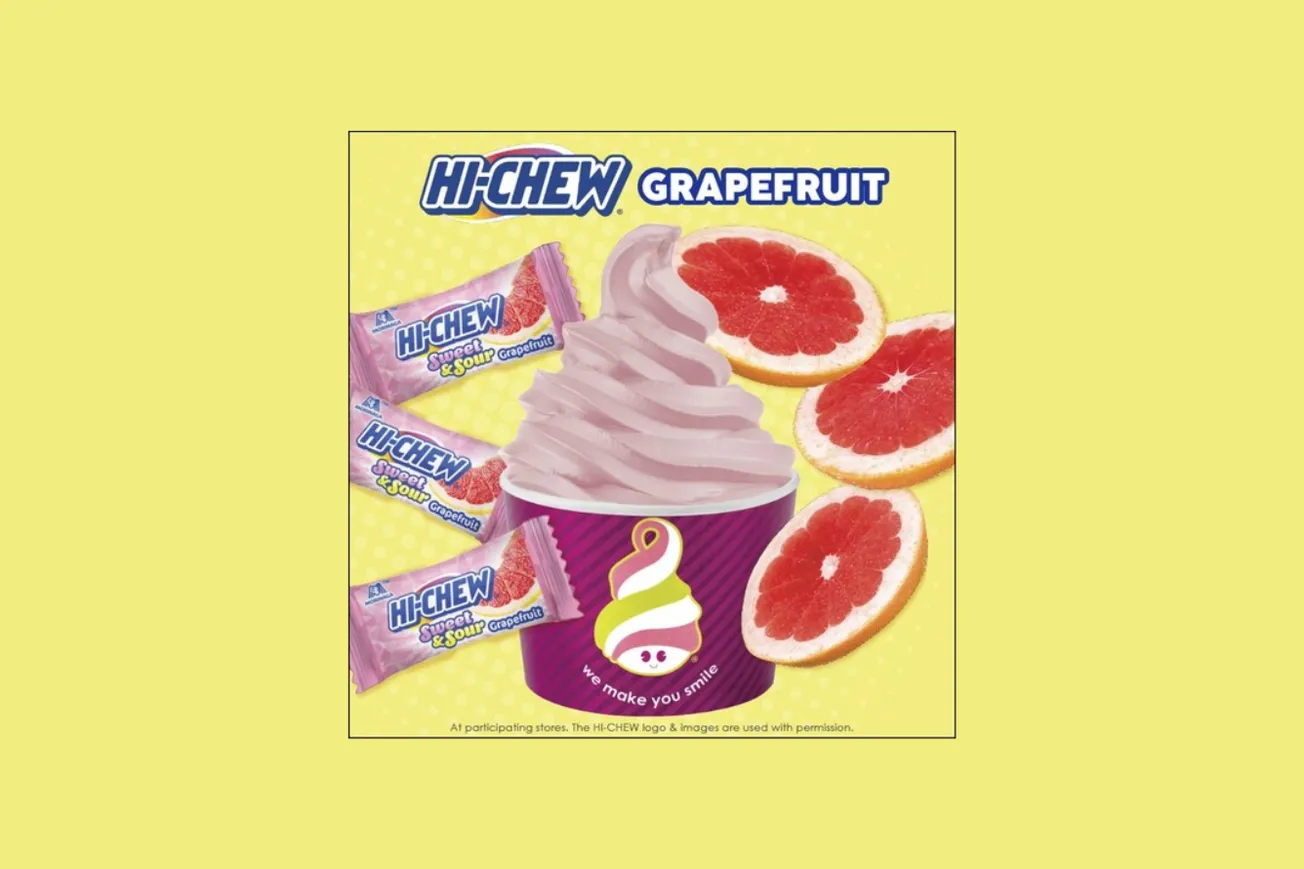Amazon has quietly received approvals for pharmacy wholesale licenses from at least a dozen state pharmacy boards, the St. Louis Post-Dispatch reported Thursday.
Those states are Alabama, Arizona, Connecticut, Idaho, Louisiana, Michigan, New Hampshire, New Jersey, Nevada, North Dakota, Oregon and Tennessee. Another pharmacy distribution license application is pending in Maine, the report said.
Amazon declined to comment to the Post-Dispatch, which noted that despite the licenses it’s still not clear if Amazon has any plans to delve into the prescription drug business.
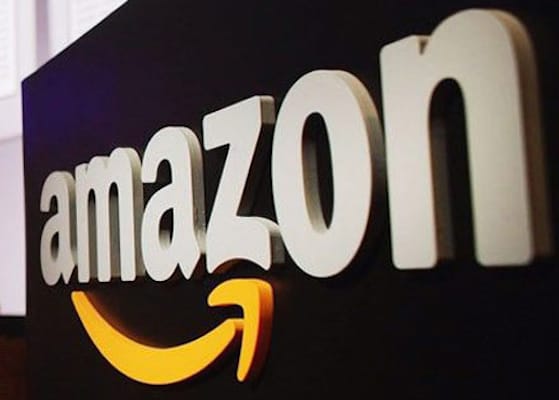
Speculation about the possibility of Amazon entering the pharmacy market emerged in May, when CNBC reported that the e-tailing giant hired a GM for a team charged with delineating a pharmacy strategy and hired a Blue Cross executive to create an internal PBM, with the potential for build-out in the future.
Still, given the large, entrenched players in the pharmacy space and the high barriers to entry, it wouldn’t be a cakewalk for Amazon to jump into the Rx marketplace.
Back in May, pharmacy supply chain expert Adam Fein, CEO of the Drug Channels Institute and president of Pembroke Consulting, wrote in a blog post that Amazon’s likeliest options would be the cash-pay pharmacy business or building or acquiring a discount drug program.
More difficult paths to entry would be a PBM, central-fill mail pharmacy or specialty pharmacy, he said, adding, “There is also a trend toward greater pharmacy-medical integration and pharmacy-delivered patient care services. Amazon is woefully unprepared to compete in those areas.”
Greg Lipman, managing partner at retail design specialist CBX, not long ago observed what Amazon’s acquisition of Whole Foods Market might signal for whatever, if any, pharmacy business intentions it has.
“If Amazon tries to break into the prescription drug business without leveraging brick-and-mortar real estate in a major way, it’s certainly true that Bezos & Co. will have an Achilles heel of sorts — a steep learning curve with respect to forming a meaningful human connection with customers. But Amazon learns fast,” Lipman wrote in an August article. “The traditional drug business needs to keep doing all it can to elevate personal connections with patients.”
While Amazon’s pharmacy market intentions are unclear, “it’s a safe bet that the nation’s $450 billion prescription drug business is on the radar screen,” Chain Drug Review editorial director Jeffrey Woldt wrote in a column released this week.
“The challenges to entry, however, are formidable. The company would have to learn how to navigate through a labyrinth of government regulations and complex business relationships involving, among others, drug manufacturers, pharmacy benefits managers and retailers,” Woldt stated. “It will be fascinating to see whether Bezos thinks Amazon has what it takes to disrupt an established industry that performs an integral part in helping Americans maintain their health.”

